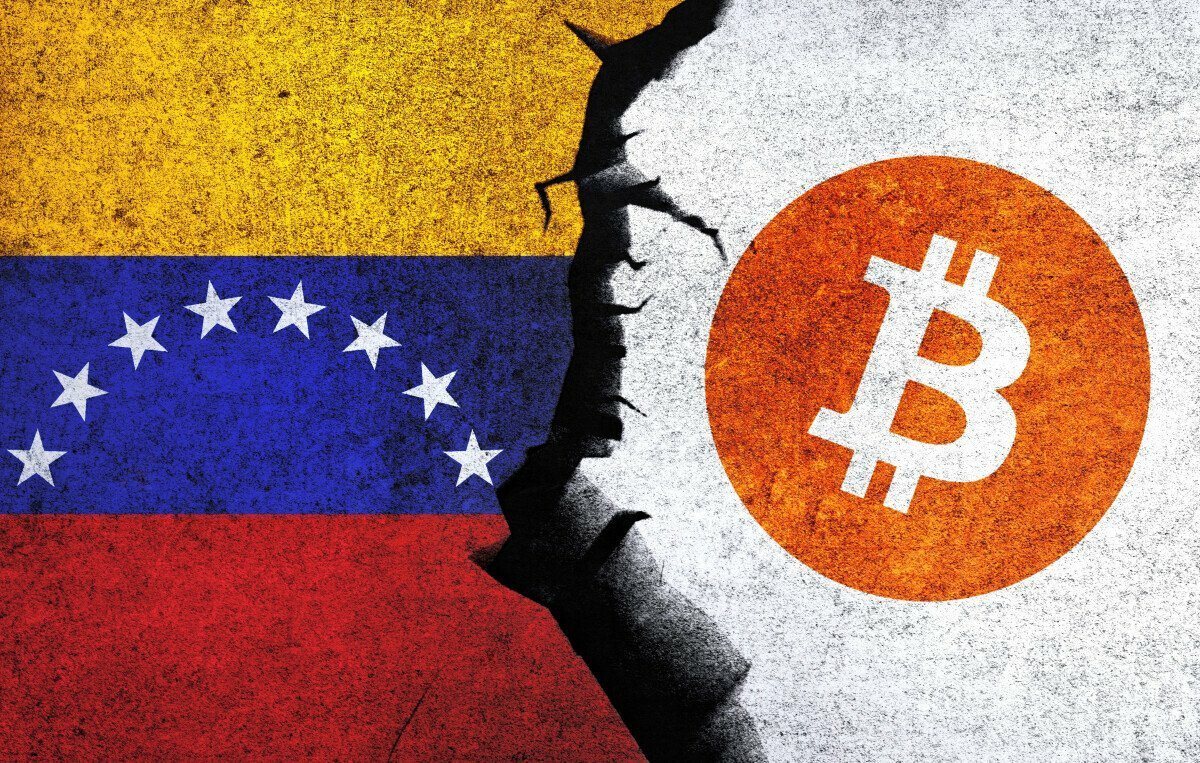The Venezuelan government has officially ended its experiment with the national digital currency Petro (PTR) as of January 15, 2024. First introduced in 2018, the Petro aimed to circumvent U.S. sanctions and stabilize the Venezuelan economy amidst rampant bolivar inflation. But despite its innovative intentions, the Petro ultimately failed to gain traction and adoption.
Touted as an oil-backed cryptocurrency, Petro could not establish a meaningful market presence even during peak crypto interest in Venezuela. Its rollout by President Nicolas Maduro lacked the necessary legislative backing, leaving its legal status ambiguous. This uncertainty severely hampered domestic usage and acceptance.
The Petro additionally faced troubling legal and operational challenges. The head of Venezuela’s crypto regulator was arrested for alleged financial crimes, while reports linked Petro management to international drug trafficking. The cryptocurrency’s reputation took a massive hit, undermining its growth potential.
Contrary to goals, the Petro saw minimal real-world usage, restricted primarily to specific state transactions like tax and traffic fine payments. But even then, fines in Petros could not be paid with the cryptocurrency itself, exposing the project’s dysfunction.
With the Petro now discontinued, Venezuela’s Patria crypto trading platform will cease digital wallet services. The remaining Petro holdings are converted into bolivars, signaling the end of Venezuela’s controversial national digital currency.
The Petro serves as an important case study on the immense difficulties of launching a successful national cryptocurrency. Its failure underscores the need for legal legitimacy, widespread acceptance, and functional utility. While the Petro was groundbreaking in concept, its execution was deeply flawed. Its closure marks a milestone demonstrating the challenges of state-backed digital currencies achieving adoption and trust.
#Venezuela #Petro #Cryptocurrency #DigitalCurrency #NationalCurrency




